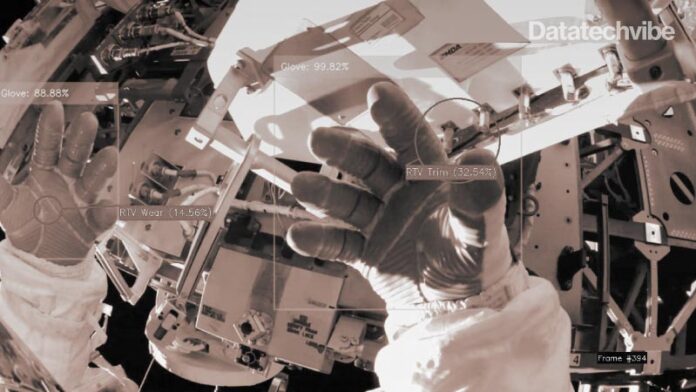The AI ran on HPE’s Spaceborne Computer-2, based on the ISS
Microsoft announced that it has successfully trialled an artificial intelligence application in space, and signed deals with Ball, Thales Alenia, and others. Microsoft helped develop an AI that used spacesuit cameras to check the gloves of astronauts on the International Space Station. The AI ran on HPE’s Spaceborne Computer-2, based on the ISS.
“What we demonstrated is that we can perform AI and edge processing on the ISS and analyse gloves in real-time. Because we’re literally next to the astronaut when we’re processing, we can run our tests faster than the images can be sent to the ground,” said Ryan Campbell, Senior Software Engineer, Microsoft Azure Space.
In addition to the AI trial, Microsoft has entered into a partnership with Thales Alenia Space to explore space Edge computing technologies. As part of the same, Thales Alenia will deploy an on-orbit computer application framework on the ISS as well as Earth Observation sensors by 2023, which will run on Microsoft Azure.
“Thales Alenia Space and Microsoft are pushing one step further their vision of a seamless world between space and digital by soon demonstrating the benefits of space Edge computing for their customers,” said Hervé Derrey, CEO, Thales Alenia Space.
Microsoft said that it had delivered a proof of concept with Intelsat that demonstrates the ability to establish an Azure private 5G network using satellite communications as a backbone to Azure. It also demonstrated that orbital ground station-as-a-service partner SES and Nokia could access its cloud platform using a private 5G and satellite communication (SATCOM) network.









